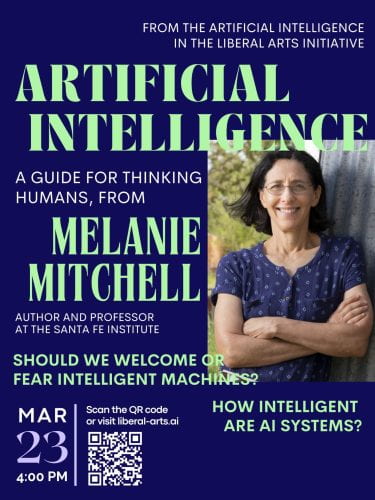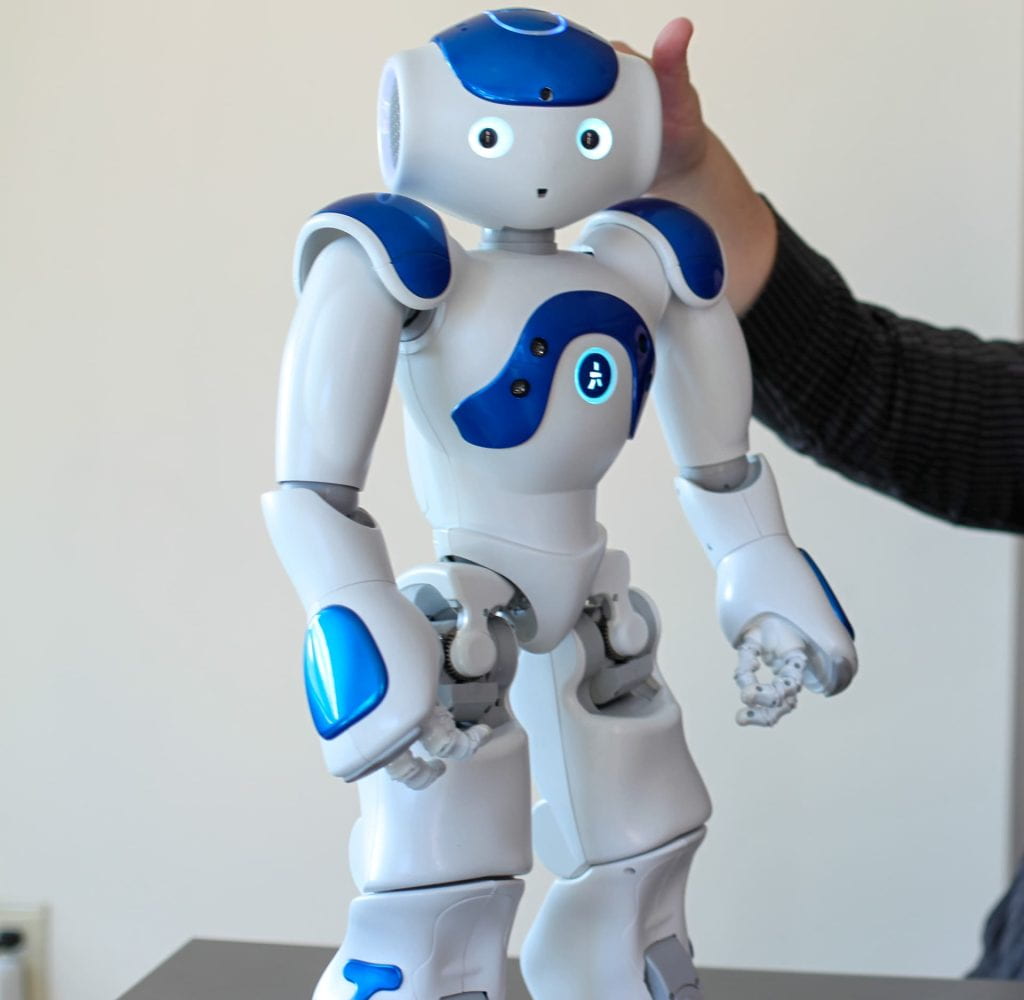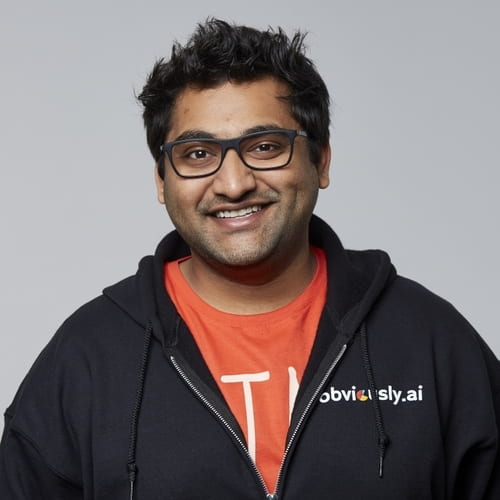Artificial intelligence has been described as “the new electricity”, poised to revolutionize human life and benefit society as much or more than electricity did 100 years ago. AI has also been described as “our biggest existential threat”, a technology that could “spell the end of the human race”. Should we welcome intelligent machines or fear them? Or perhaps question whether they are actually intelligent at all? In this talk, I will describe the current state of artificial intelligence, highlighting the field’s recent stunning achievements as well as its surprising failures. I will consider the ethical issues surrounding the increasing deployment of AI systems in all aspects of our society, and closely examine the prospects for imbuing computers with humanlike qualities….
Artificial Intelligence: A Guide for Thinking Humans (Feat. Melanie Mitchell)







